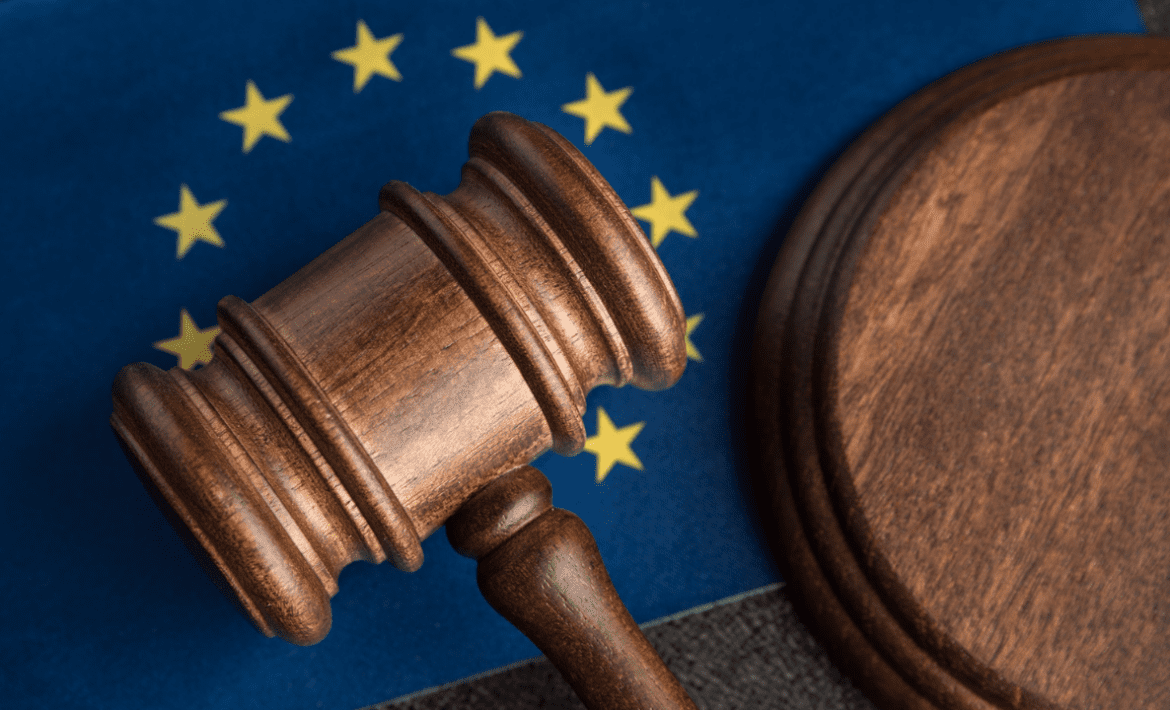Transparency obligations under the EU AI Act
Under the EU AI Act, what are transparency obligations imposed upon organisations, and what requirements and implications do these obligations carry? The EU AI Act aims to regulate the development and use of AI in the EU. One of the key elements of the proposed Act is the requirement for transparency. This means that















